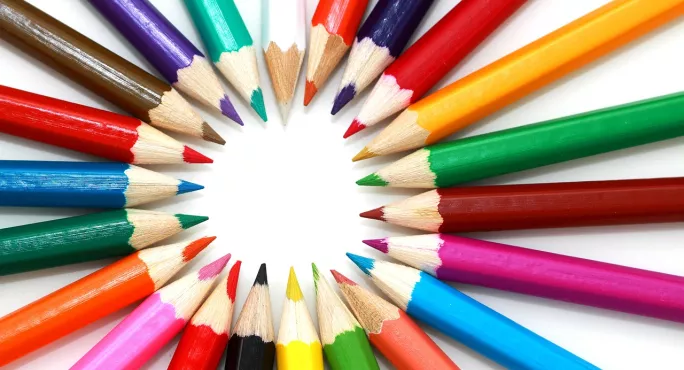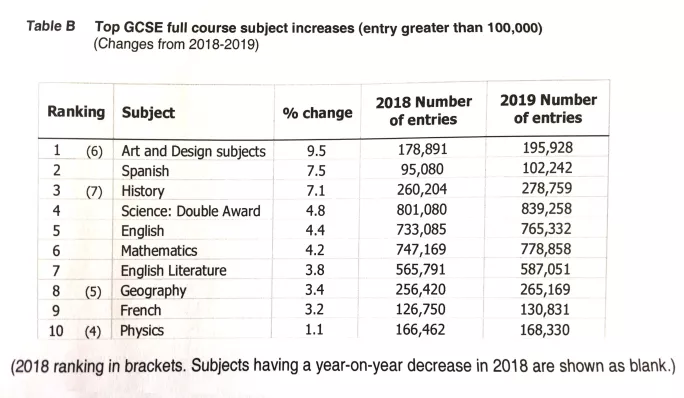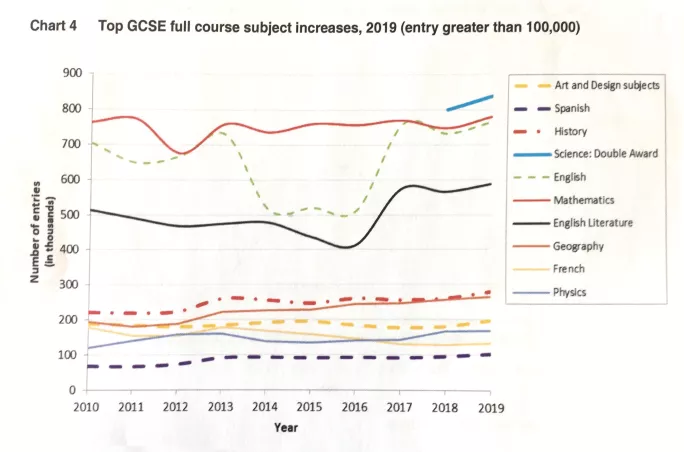Today’s GCSE results have shown a number of shifts in entry patterns, with art and design seeing the largest boost in entries.
The number of pupils taking art and design increased by 9.5 per cent - up from 178,891 entries last year, according to data released by the Joint Council for Qualifications.
GCSEs 2019: Creative subjects ‘could vanish in state schools’
News: GCSE grades at four-year high but stability reigns
Results 2019: Four key points
The art increase appears to have come out of the blue - last year the subject saw a small 1.76 per cent rise in entries. And there has been a long-term decline since at least 2010 when there were 188,193 entries in the subject.
However, other creative subjects are in long-term decline, with the number of pupils studying design and technology GCSE falling by 21.7 per cent.
Geoff Barton, general secretary of the Association of School and College Leaders, has raised concerns that arts subjects such as drama and design technology could be set to “disappear” from state education.
GCSE arts subjects ‘stable’
Elaine Carlile, director of qualifications at Welsh exam board WJEC, said that while drama had declined, the overall number of arts entries remained stable.
“Drama is quite stable, although there has been a slight decline, and there has been a little decline in music,” she said. “But in performing and expressive arts there has been a rise - so if you take the whole group of performance arts together, it is quite stable.
“There’s just a change in the disciplines students are selecting, hopefully reflecting their aptitudes and abilities.”
Across all subjects, Spanish saw the second-largest increase in entries since 2018, up by 7.5 per cent to 102,242 entries - the first time entries to the subject have exceeded 100,000. There was also a 3.2 per cent increase in entries in French.
And history saw a large increase in candidate numbers, with a 7.1 per cent increase since last year.
There has been a shift towards students taking the double award of combined science - where students gain two GCSE qualifications for their study of the three sciences.
Alex Scharaschkin, director of research at AQA, said the shift towards the double award could be “slightly rebalancing the move towards the single sciences we saw last year”.
Both English and English literature have seen significant increases in entries.
Exam boards attributed the rise in English to a reduction in the number of 15-year-olds entered early for the qualification last year, increasing the number of entries this year.
But there is a continuing trend for schools to enter students for English literature at 15 - meaning a larger number of candidates in the subject year-on-year. This year, 15-year-olds made up 6.5 per cent of all English literature entries.






